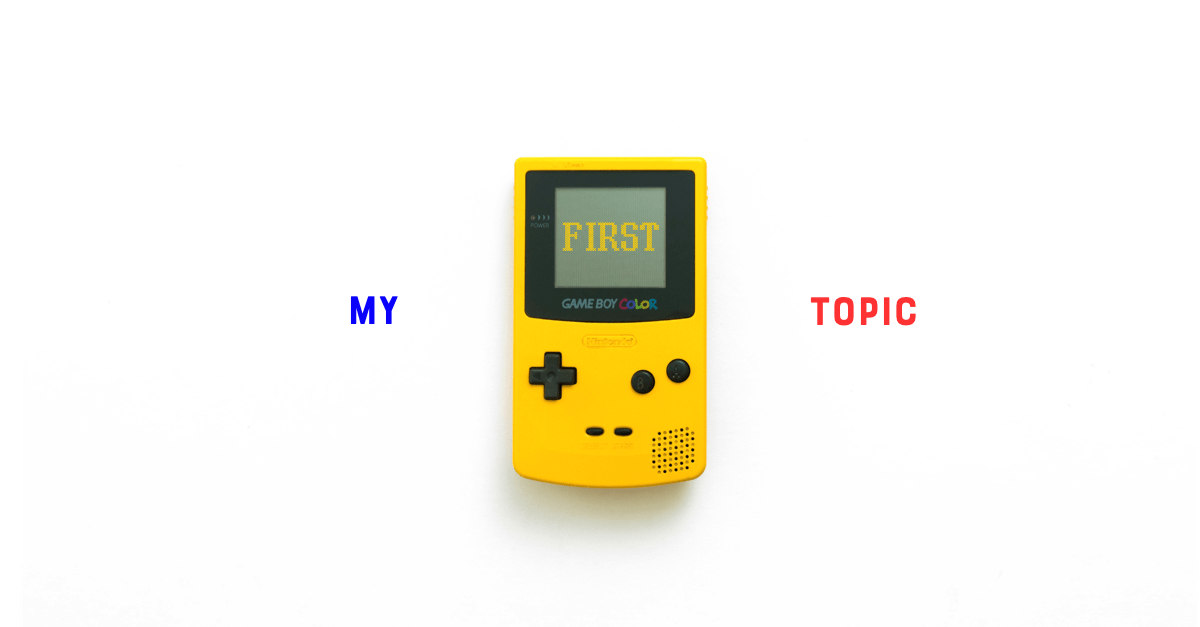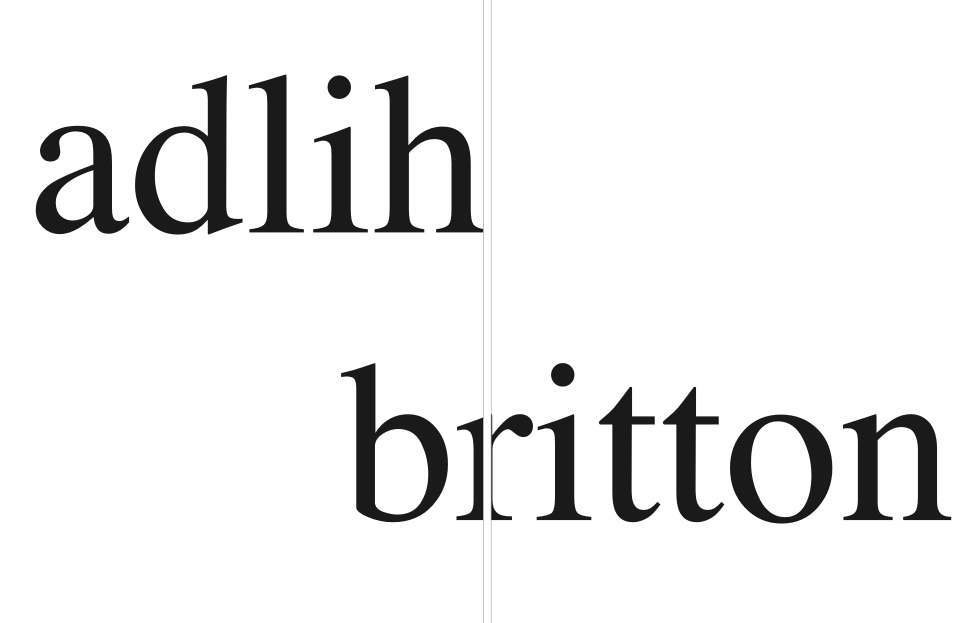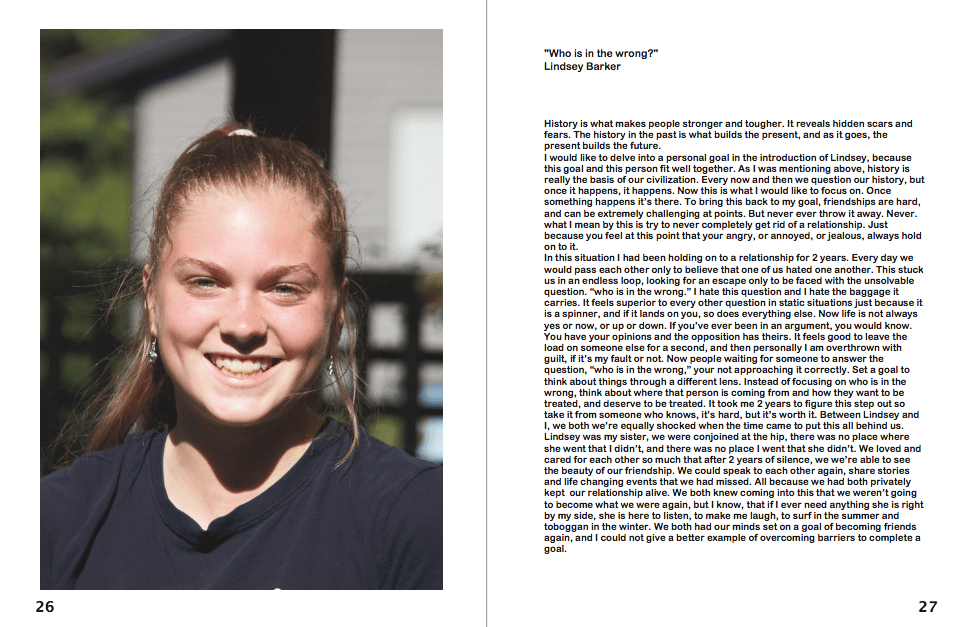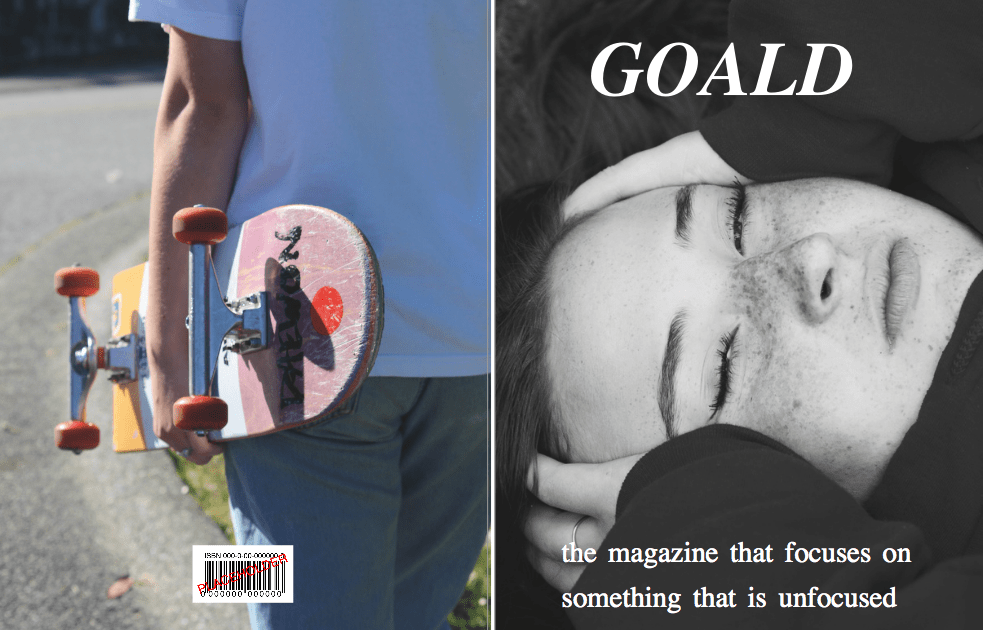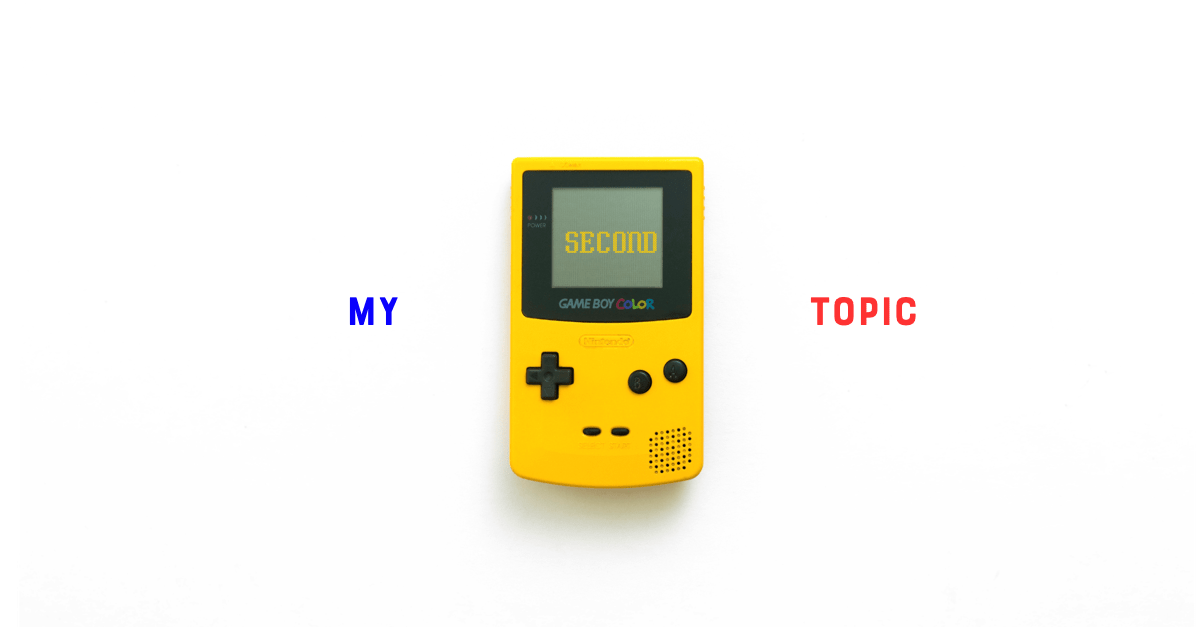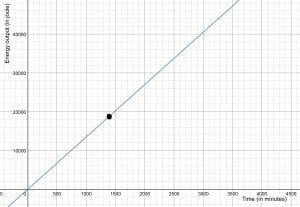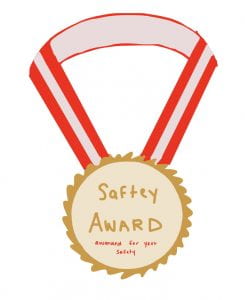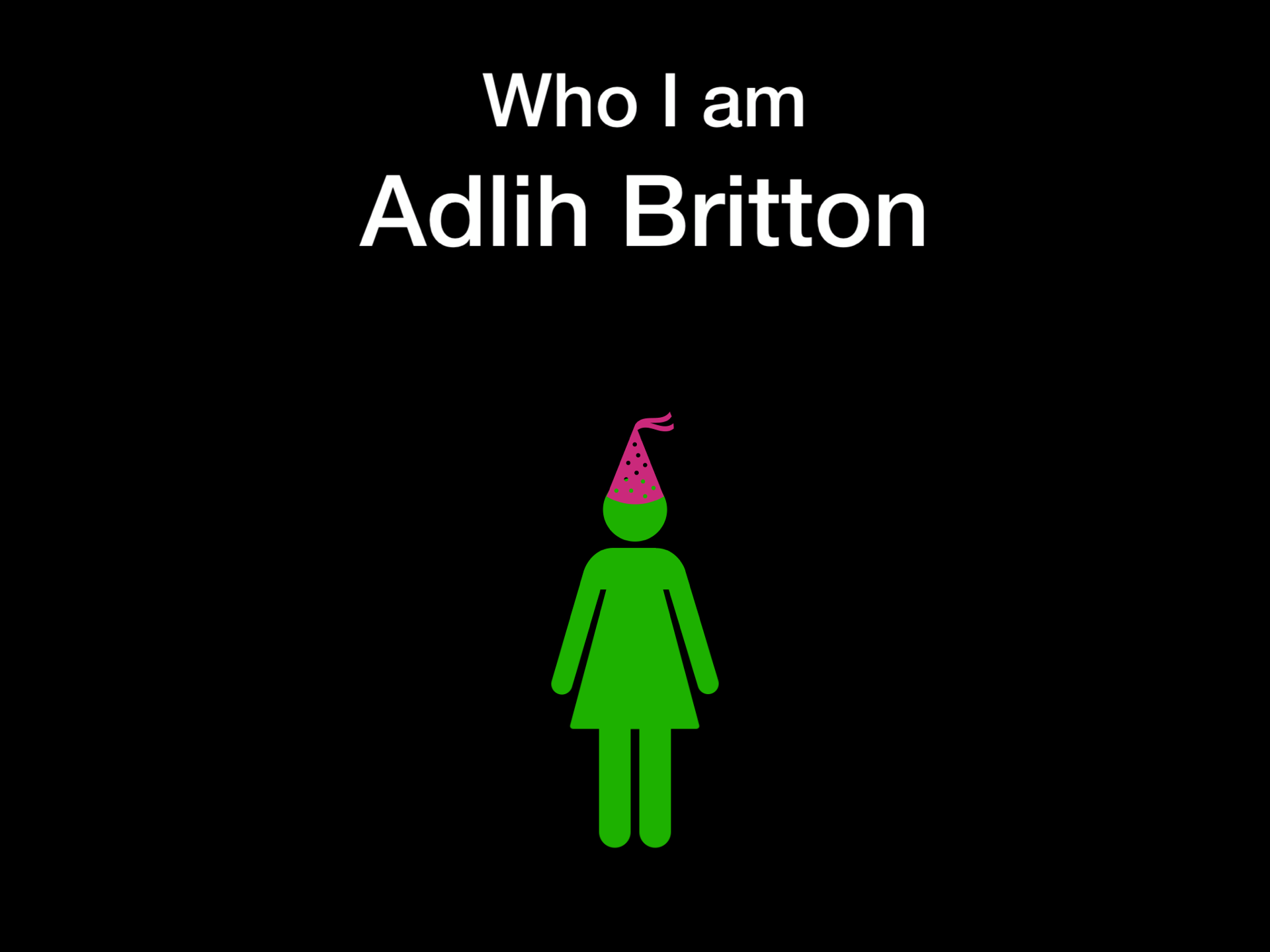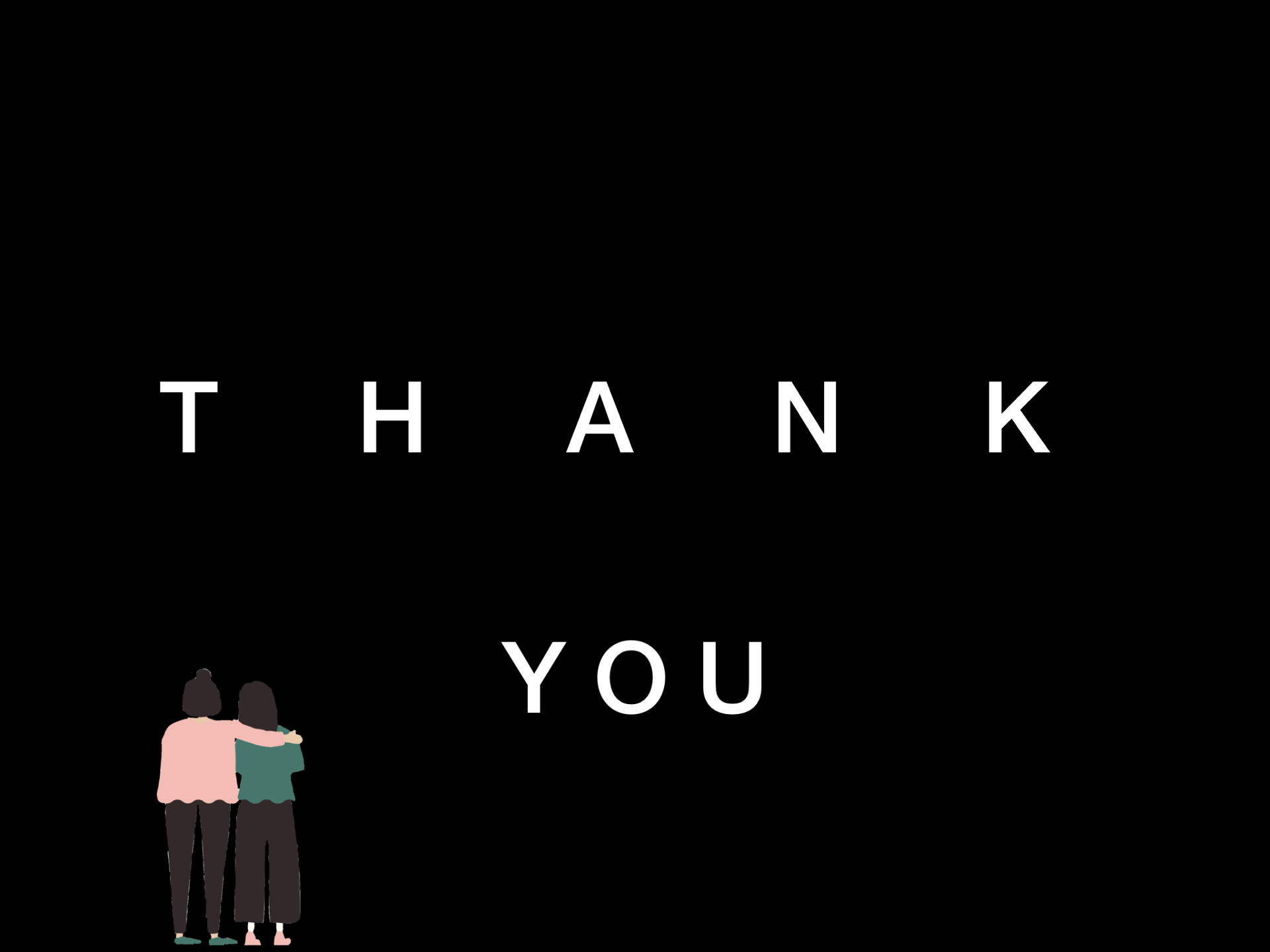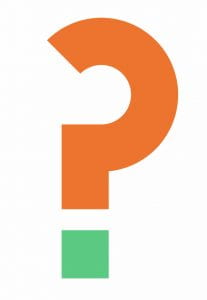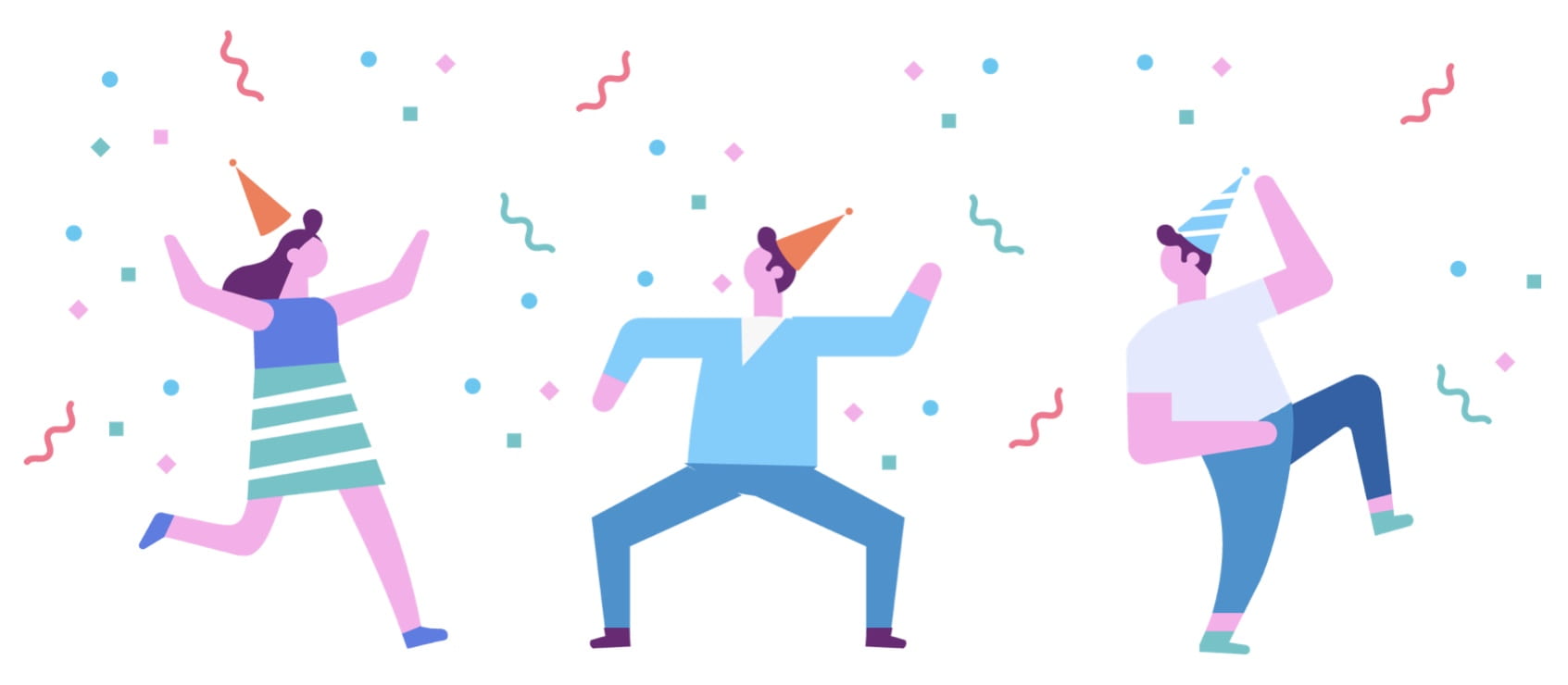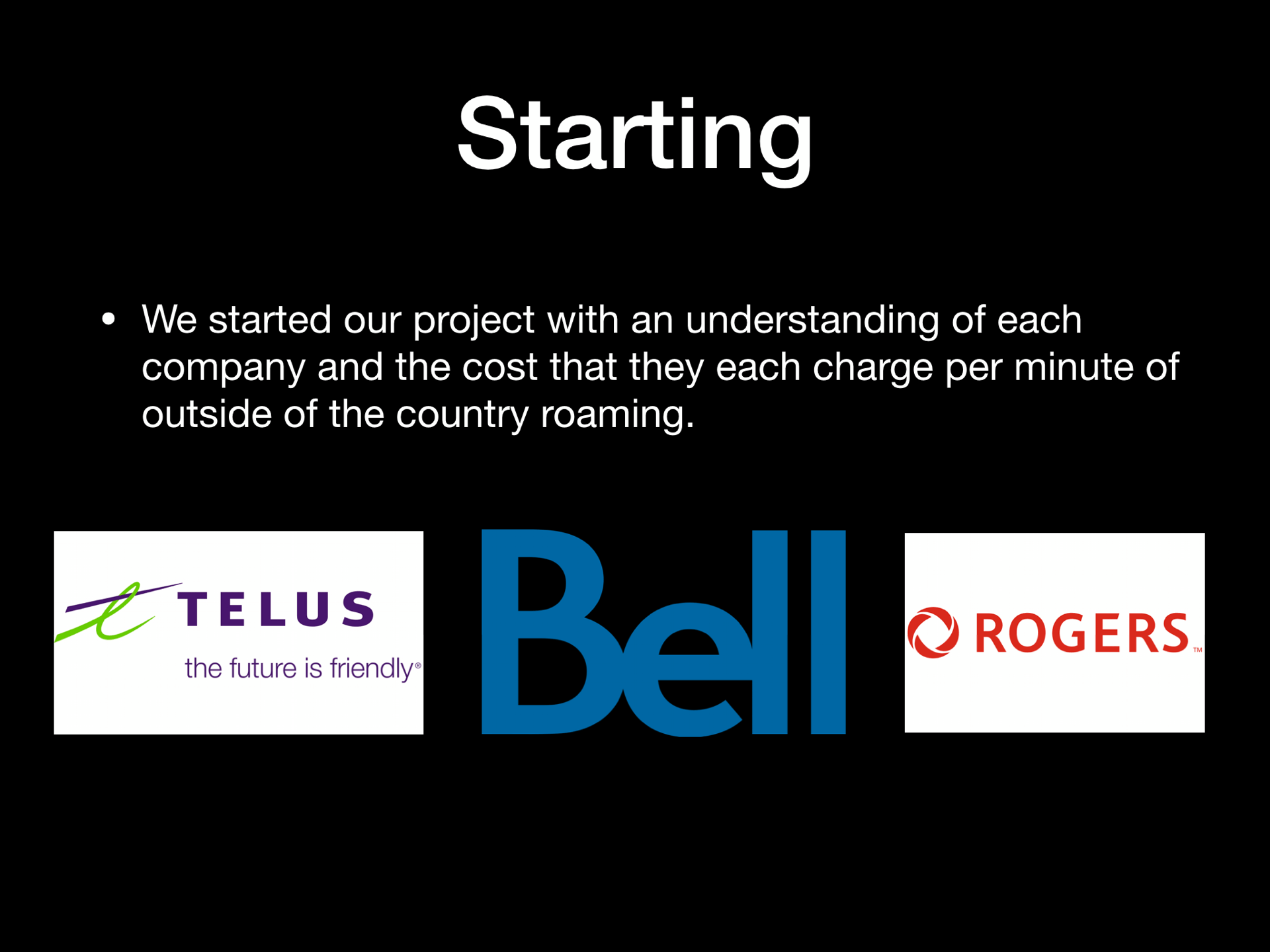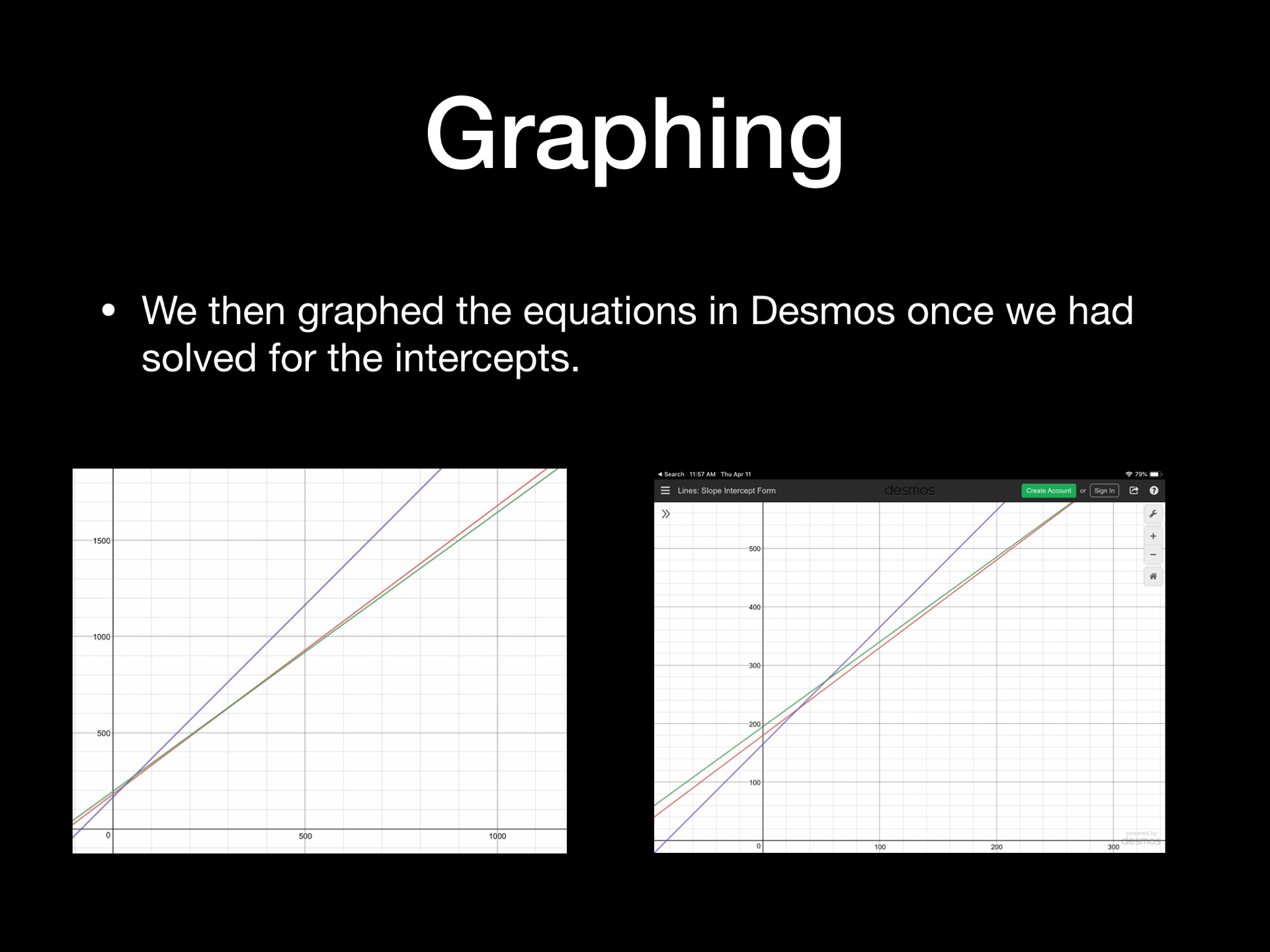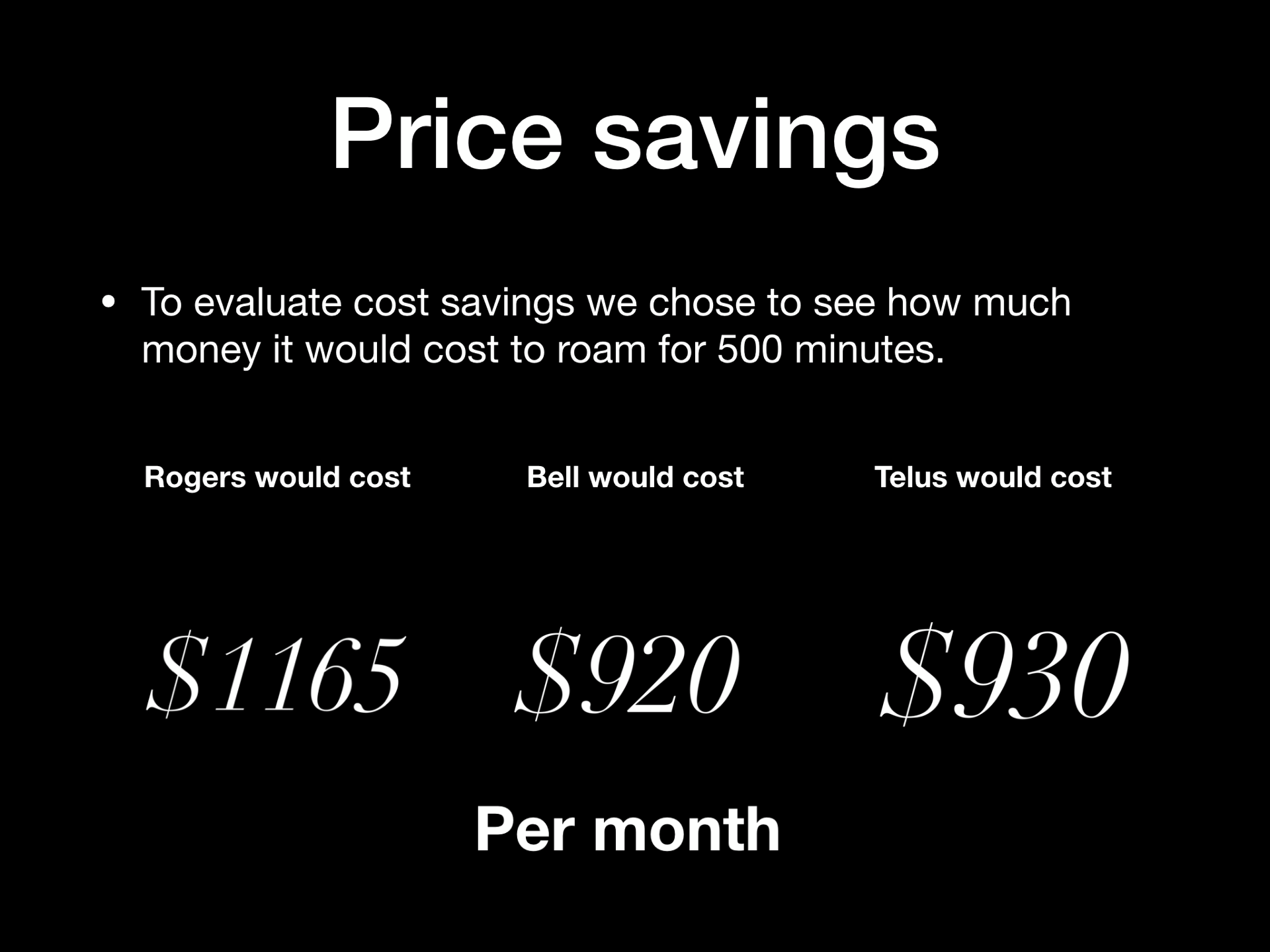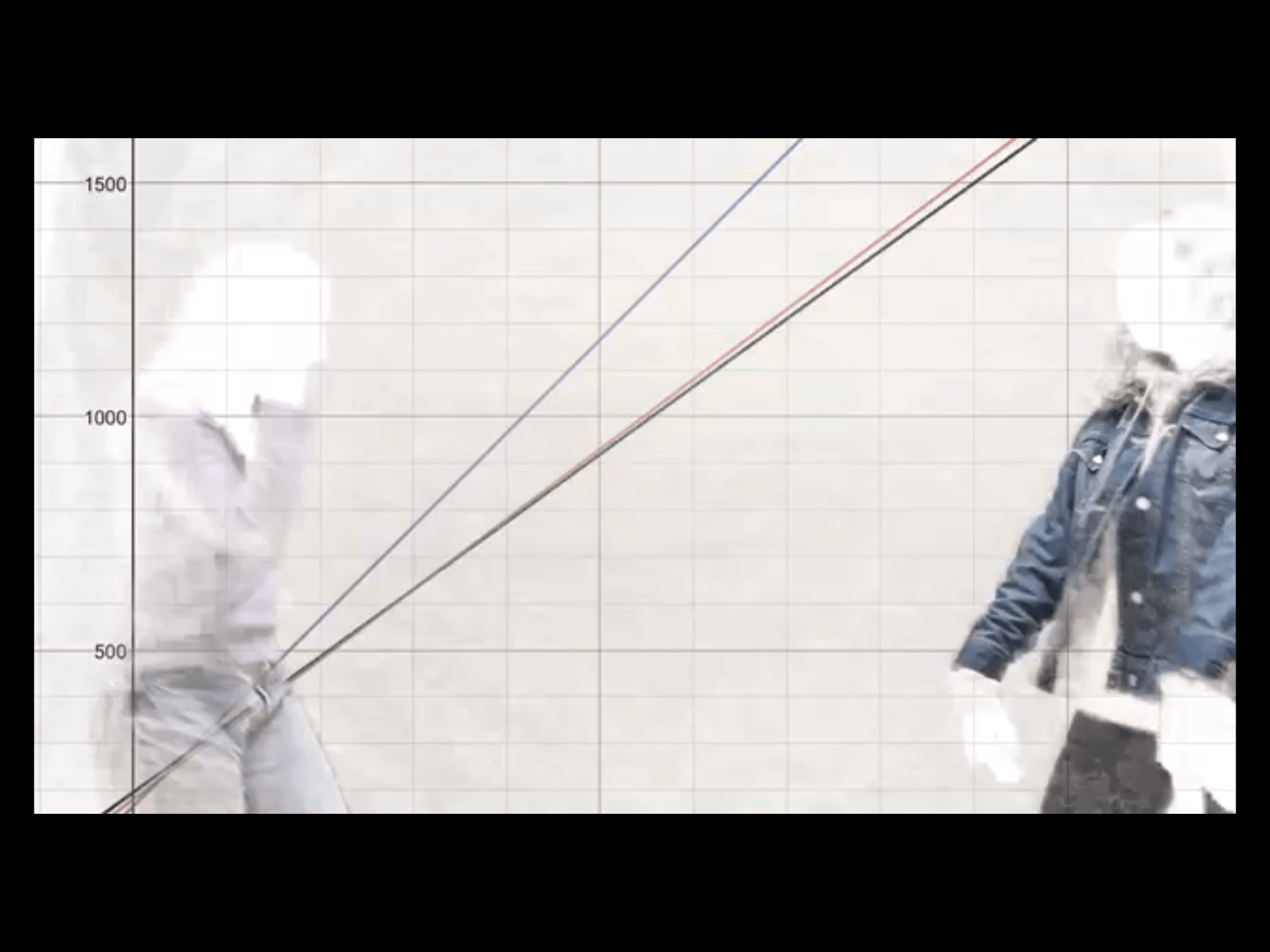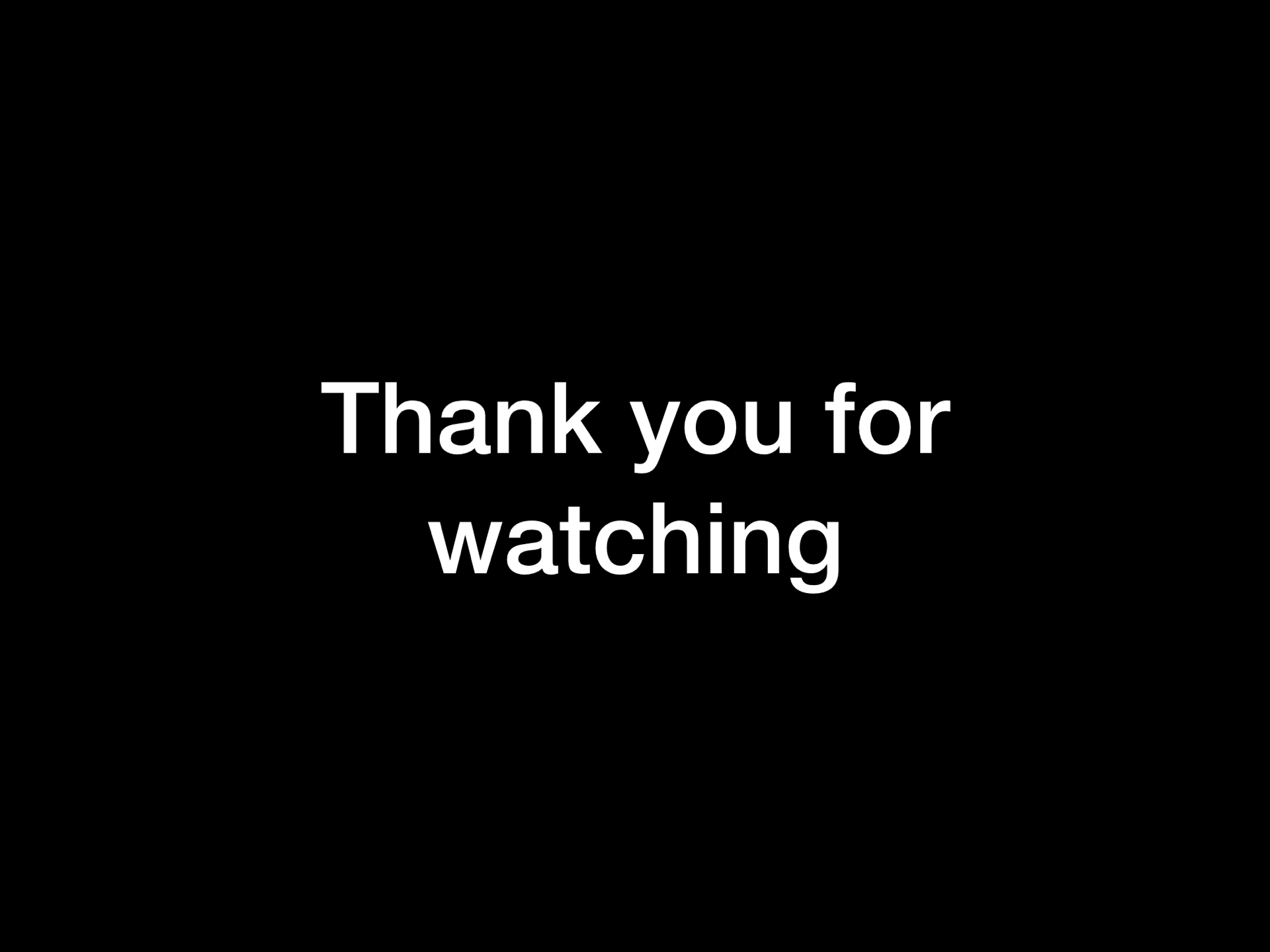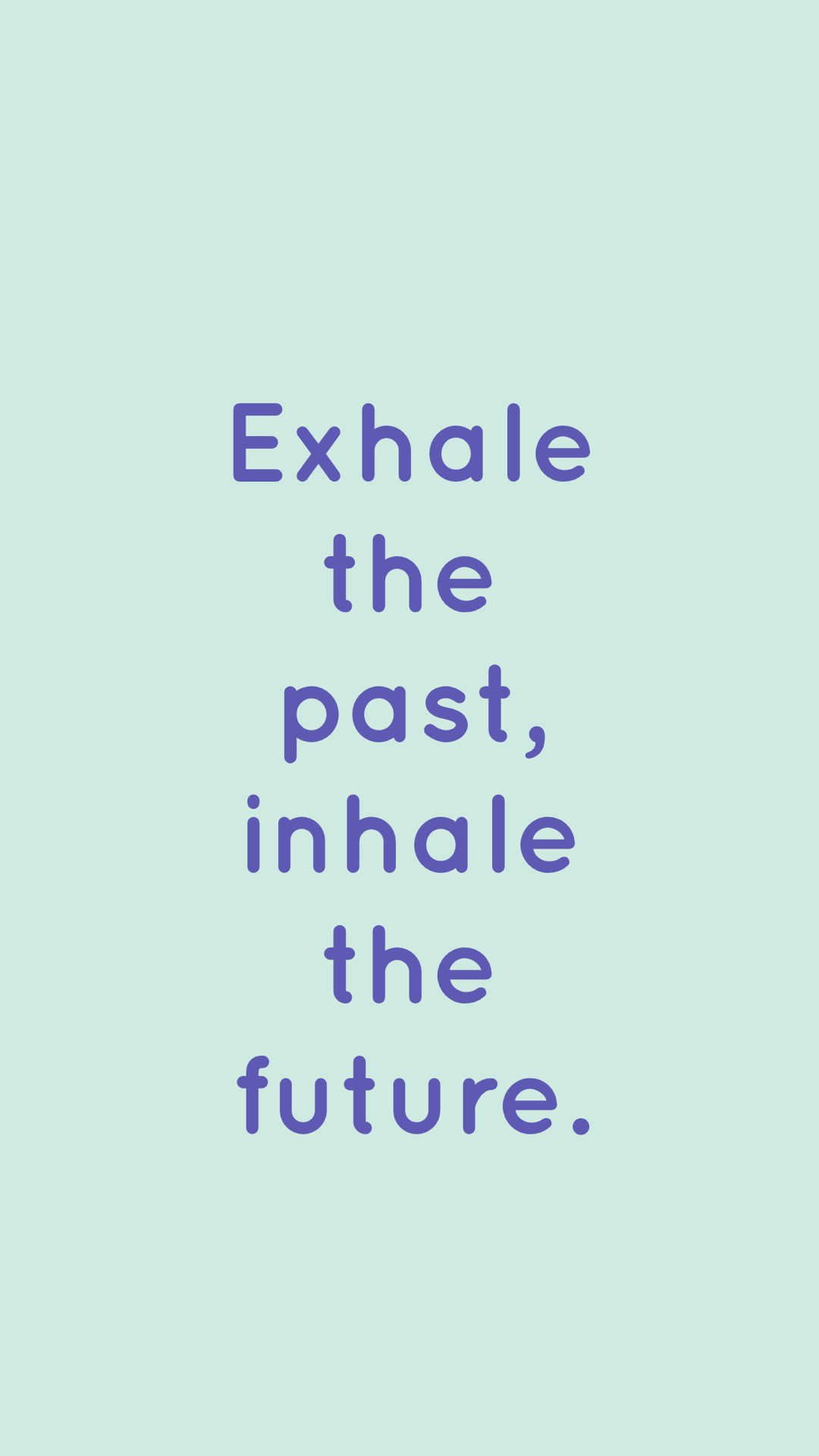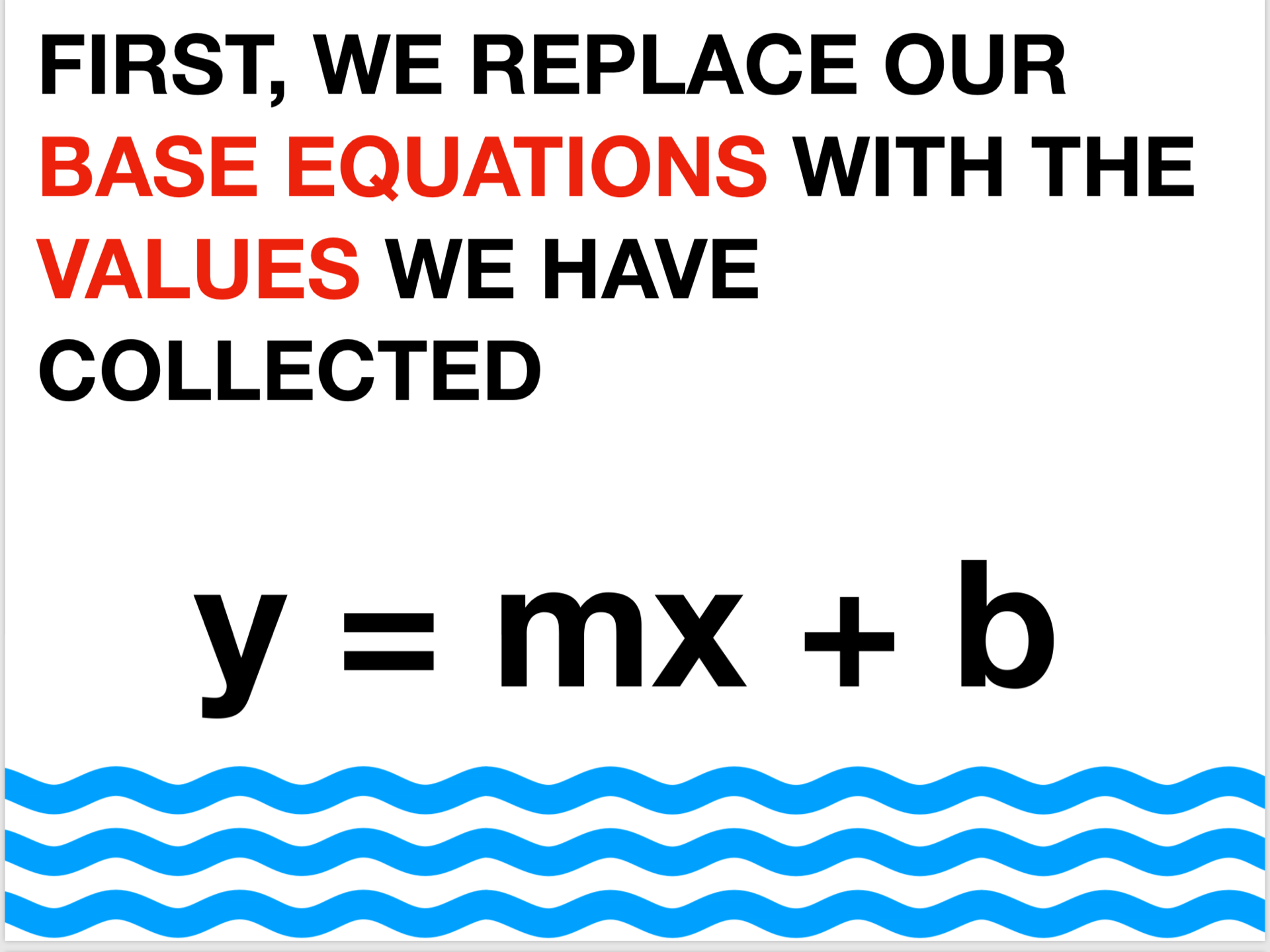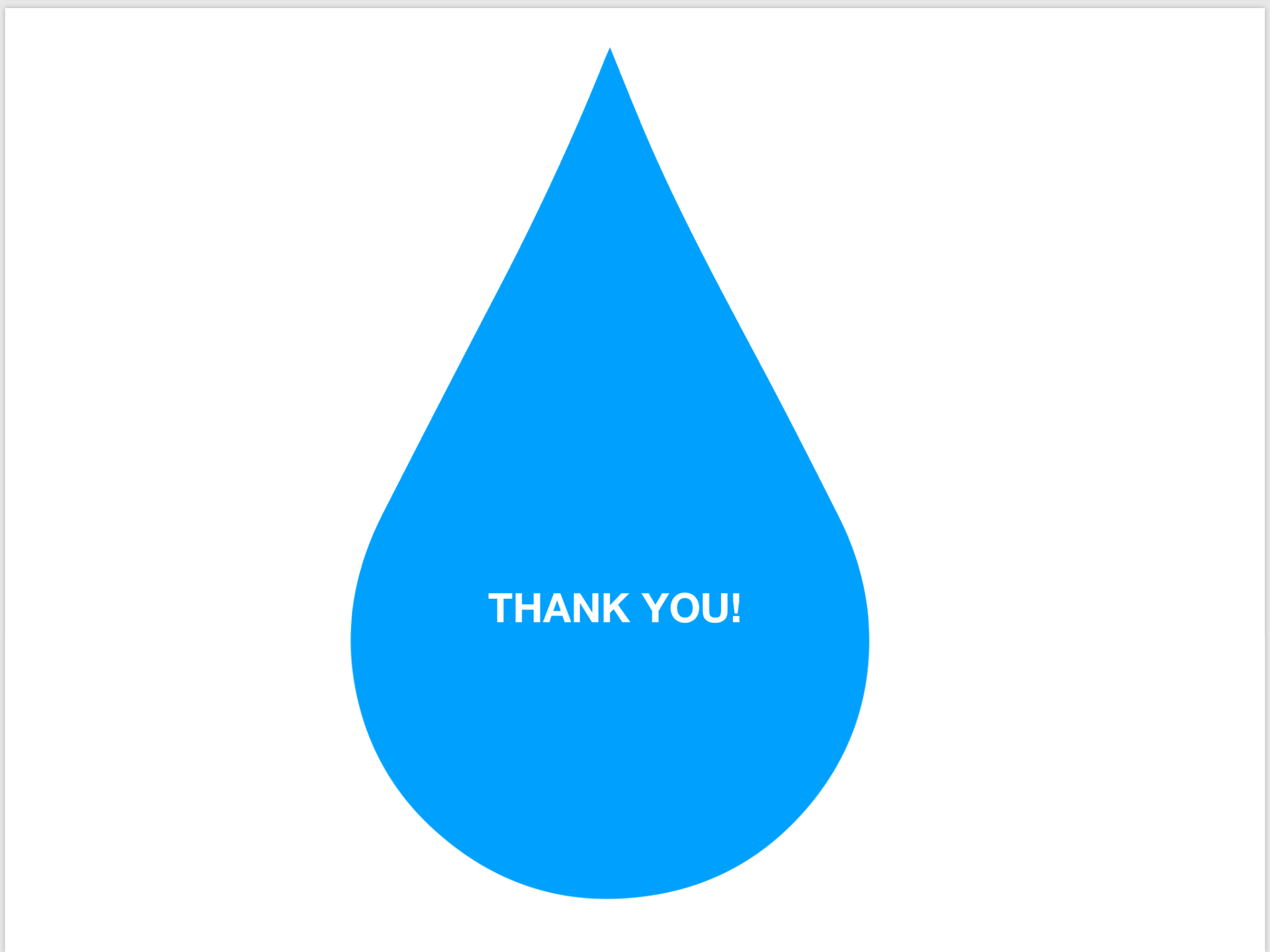Who am I and what have I learned?
Looking into it.
I am still the same physical person as I was at the beginning of the year. I am still named adlih, I am still a girl, and I am still living in deep cove, and even though my age did change I am still me, but I feel different. At the end of last year I felt as though I was just sort of shifting my gaze from one page to the next, when it came to thinking about grade 10, but stepping back into my shoes now I feel as though I am actually starting a whole new chapter. I know that sounds corny and fake, but it really does feel that way. It’s almost as if I am staring down a whole new challenge, compared to a year ago this time. A year ago I was excited for summer but I knew that grade 10 was looming near by and I was a bit nervous, and almost I felt as if grade 10 would be just another year, and I couldn’t have been more wrong. Obviously there was something that changed, something that shifted inside me this year that has lead me to this understanding about school, and even about life in general. I felt like I have grown up a great deal this year, and I would like to share with you why, and how.
(Un)Balanced
I know what you are thinking right of the bat. “She going to talk about how she’s more balanced and she using time blocking… etc.” And now you probably thinking “she’s already thinking about our response to her “balance” section, and she’s trying to make it seem like she knows what she’s doing, and she is deserving of using balance as one of her categories…” and I myself am a bit lost by what I wrote, but what I am trying to say is that every year I have talked about my balance in school, and work, and friends, etc, and I don’t feel like I deserved to talk about it every year, since I have been able to experience it in actuality. I bet every single kid is trying to sell you guys on their work life balance but I really think that this is one that I want to talk about this year.
Now I am not a crazy kid when it comes to school work. I don’t spend every waking moment doing things, but if I enjoy it I spend quite a bit of time doing it. I am also a busy woman, being 16 isn’t easy, and if you remember there’s a lot of stuff happening in ones life right now. Now my work life balance has always been very strong, I will take a shift every now and then after school, but the shift ends at 5 and then I have the rest of the night to do homework or relax, or really just do what I want. My school-schoolwork balance has also improved very much throughout this year. I felt that last year, it being my first year in PLP, I was a little lost when it came to what amount of effort I should put in, (even though we all all know that it’s 110% all the time!) I felt this year I have found a grove. I was able to see where my strengths and weaknesses are and where I need put more effort in.
https://soundcloud.com/user-335030245/circle-bc-podcast-adlih
A project that exemplifies this is my recent podcast work. I believe that I was able to find a good balance when it came to my podcast and how much work I should put in and when I should work on it. I produced a final product I was really happy with and was able to not overly stress about it during the trip! I found that this is a very important key or token to find and take with you into the future, because I get very very stressed about work and I was able to produce some of my best work this year when I was under pressure! My Pecha Cucha, my circle BC podcast, my PGP project (these are just a few coming to my mind). I felt under pressure during these projects, but I was able to push myself, and find a inner stable and peaceful space during that time. I feel that I produce my best work under pressure and I was really only able to see that when I found a space where I was unbalanced. I feel that being both balanced and unbalanced is very important and that you would have a lesser appreciation for being balanced with out being unbalanced. I was able to understand all this through balance. I cannot dedicate myself to my school work.
Though school work is very important to me, a project comes and goes, and it does not last forever, so I try to keep that in my mind. This is really not sounding the way it should, but what my main point is, is that, I work hard all the time. Like I said in my Mpol, I work hard to have a product I can sign my name on, and so to find a space where I can live my life and create work I am proud of, is a really big accomplishment for myself, and I know that this will play a big role in grade 11!
Style
Throughout this year I believe I have created a signature work style. Take our book trailers for example, I worked endlessly on that trailer, trying to perfect it.
Though there were people in my group that were more well known for their editing, I decided to accept the task and try to make it look exactly how I wanted it. I had a style for the trailer, and I created that. My style is unlike others in the class room because my style shows hard work, and more simplistic choices that risk a lot. When I say this what I mean is that I take a simple task or project and try to find a successful route to the end goal, but modify it and improve it along the way. Take my PGP project for example. Magazine isn’t that creative of an idea, it interests me so I decided to follow it.
Instead of just allowing it to take me to an end goal that isn’t anything I’m that impressed by, I decided to push my imagination a bit. I wanted to see how well I could make a magazine, I wanted to see how much work it was, I wanted to see what it would look like, and how I could put my vision onto a page. I built my style from this drive to find a successful route and then personifying it, to make it truly mine. Another example of my style is even in the pêcha couchas, or even the blog post challenge. In the blog post challenge I was able to show my style when we did the free blog because I was able to pick a something that interested me and style it around that one thing.
Failure
Life’s not about success all the time, if we all succeeded all the time, success wouldn’t feel the same, and we as a species would not be driven to reach success as much. I feel that PLP has always spoken about failure as your first attempt at learning, but only this year did I fully understand this. Obviously I didn’t learn that it’s totally ok to fail, and to just toss everything your doing to the wind, but when you fail it’s important to realize what you can learn from it. I failed countless times this year, but for this blog post I would like to address a fail that I still really don’t like to talk about.
For DI this year I got my team and another team disqualified. This stings to write, and I feel horrible even thinking about it. I thought after some time of thinking about this off and on, it would disappear, but every now and then I think about it and it makes me pretty upset at myself. I spoke to Ms. Willemse and Mr. Hughes about the whole situation and they really helped me to see what I could learn from such a horrible situation. It was really hard at first, and even now I am struggling to understand how to see the good in the bad, and trying to not hold on to every little piece that fails, but instead of the piece that succeeds. But I believe that this is an important skill, and I thought I would share about it here in this Tpol so that you can see how highly I think of failure, and success in school. I also feel this way about other things such as sports. When I skate (skateboard) falling is looked at like failure. When you fall you have failed a trick, or a landing. Though isy has helped me to see that when you fall you get right back up and you realize that you are less scared to fall again because it really wasn’t that bad. When I fall skating now I see it as a step further towards success then the opposite, which relates back to school because being able to see the good in the bad will help me to stay focused on the end goal and not get caught up along the way.
I have been brought every to a whole new level this year. I feel as though I matured and learned so much throughout the year, and am so excited for grade 11, though the summer is really on the top of my mind right now! I wanted to share with you how much has happened and what I’ve had time to clasp a hold of in the past year, and I hope I was able to do that!
I am ready to advance to the next grade because I have learned how to balance and to accept failure, not only have I also learned how to work under pressure but to portray my own style in a way unlike everyone else’s, and for these reasons I believe I am fully ready to advance to the next grade!


